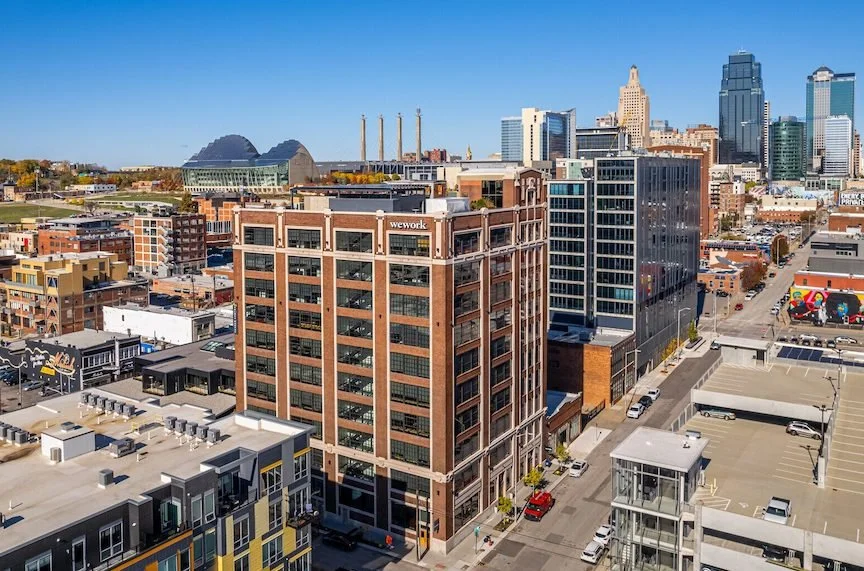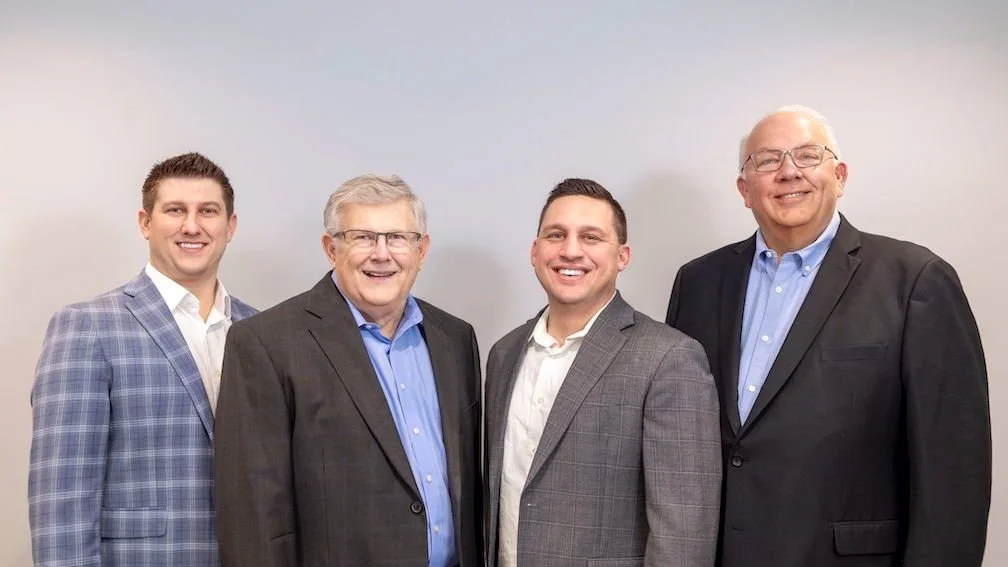Chris Robertson, CCIM, managing director - investment sales and capital markets at Newmark Grubb Zimmer, joined moderator Frank Sciara, CCIM, president of the Kansas City CCIM chapter and vice president with Grandbridge Real Estate Capital, last week for a live webinar discussion sponsored by the local CCIM chapter to discuss the current local investment sales market.
Robertson noted that there has been a decrease of approximately 20 to 25% in volume as of the end of the second quarter as compared to the same period in 2019. But, Robertson remains optimistic about the market going forward over the next six to twelve months.
“It seems like ever since the Fourth of July, somebody flipped a switch and everybody’s been busy and it seems like people are starting to get out and tour properties,” Robertson said.
Robertson has received calls from and is working with groups from some peer cities such as Nashville, Minneapolis, Denver and Indianapolis, as well as groups from Utah, California and New York, who are looking to markets like Kansas City trying to find additional yield.
Robertson said that these investors are finding a 50 to 150 basis point premium to what they are seeing in their markets, particularly the markets on the east and west coasts.
“This might be odd to say, but I think COVID will ultimately help continue to drive demand to some of our more stable midwestern markets like Kansas City where you don’t see a lot of fluctuations in valuations,” said Robertson.
Robertson discussed the effect of COVID-19 on the cap rates of the various property types.
He said that there is still quite a bit of price discovery with regard to the retail segment because “no one knows what that sector is going to look like long-term.”
However, he said there are a few bright spots in retail, noting that single tenant, long-term investments in essential services (eg., Dollar General, CVS, Walgreens) are doing well for investors seeking stability and quality credit tenants.
“And in some of those cases, we’ve actually seen cap rates compress slightly just because there’s not a lot of product on the market and those are in high demand,” said Robertson.
Robertson said office has seem some good activity, primarily stabilized long-term assets in good locations with a good weighted average lease term. He noted that 9300 and 9400 Ward Parkway sold to a New York-based group during the pandemic for $121 million at a 7.32 cap rate.
Robertson said the industrial market remains “red hot,” with significant demand both locally and nationally, while multifamily remains competitive, without any major shifts in cap rates. Uncertainty remains in the hospitality market as investors are trying to determine what pricing is going to look like as occupancies start bounce back.
“We’ve seen a lot of the large players come into Kansas City looking for larger portfolios of assets. We’ve had calls from groups in Israel and Canada looking to place funds here in Kansas City as they’ve taken note of the absorption numbers and the amount of new development we’ve had here in Kansas City,” said Robertson.





